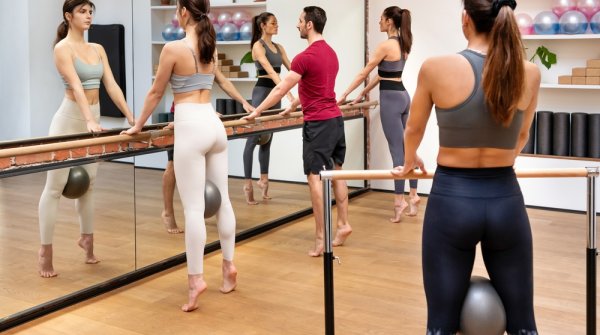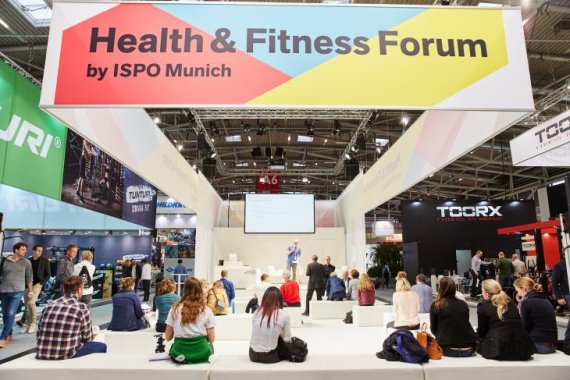
“The skills-shortage is continuing to worsen,” “Construction union warns about the skills-shortage” – not a day goes by without news stories about the downside of the low rate of unemployment in Germany. Recruiting skilled workers is harder than ever for companies, which is not exactly bad news for the Aktionsbündnis Prävention (Action group for prevention).
Because this is how awareness is generated for workplace health Promotion (BMF). During the panel discussion on the Health & Fitness stage at ISPO Munich, experts confront listeners with interesting concepts. Because companies that have healthy and fit employees reduce the number of sick days and thus their costs.
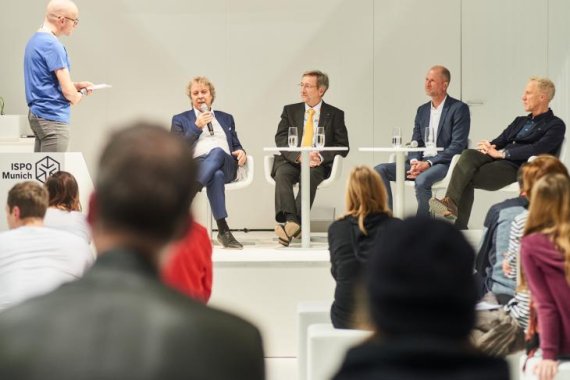
“We did a large survey and asked about the advantages of regeneration, that means what does the investment cost and what does the company get in return,” said Walter Eichendorf of the German Social Accident Insurance DGU. The result: “For every Euro I put into prevention, I get two back. As a businessman, I would be stupid not to do it!”
Eichendorf believes that it is time for a real change in awareness and behavior and talked about the “Kommmitmensch” campaign for prevention which was initiated as a huge campaign with the goal of “encouraging people to consider health and safety as central values when making decisions and doing activities”.
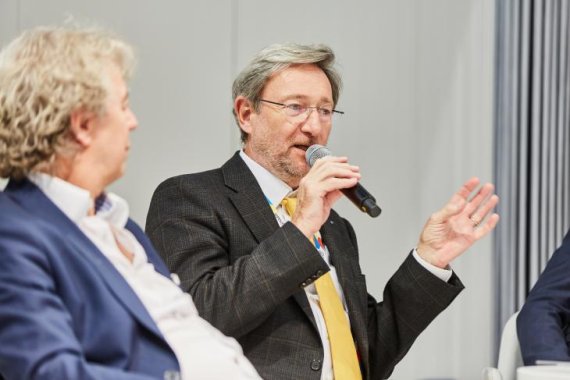
“We want to reach all companies,” said Eichendorf. That’s why “all of the employees, all of the schools, and all of the universities in Germany” will be receiving mail in the coming months that will encourage them to participate.
“We don’t just want to get people to take the stairs or protect their skin,” said Eichendorf. “We want to change our system of values in the long term. And we know that it will be a long process.” That’s why the campaign, which kicked off in October 2017, is scheduled to last ten years.
A regular work week in Germany is 40 hours, that isn’t even 24 percent of our total time. “So the workload doesn’t really depend on whether someone works 38 or 41 hours,” says Eichendorf – and is supported by Ingo Froböse, professor at the German Sport University Cologne DSHS: “Our problem isn’t that we work too much. But rather that the time outside of work has become so stressful.”
In his interesting keynote speech at ISPO Munich, the health expert Froböse placed a great deal of importance on breaks. That goes for employees just as much as it does for professional athletes: “If you don’t manage to take a long enough break after a strenuous activity, you will lose vitality and quality of life.”
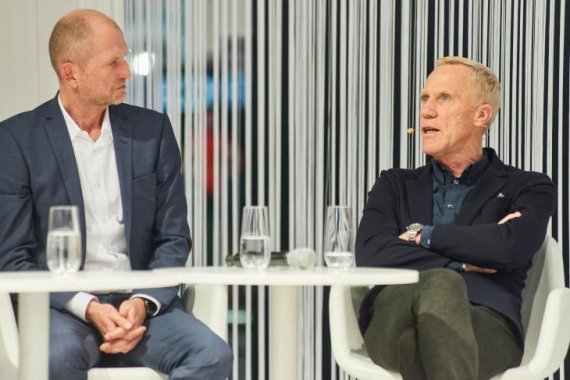
Marco Reus from Borussia Dortmund, who has been suffering from a long-term injury, is a good example for what can happen “when the workplace health management policy of sufficient regeneration isn’t applied”, said Froböse.
We can learn a lot more from professional sports: “You warm up before doing sports and cool down afterwards,” Froböse explains. And both are important. “Stress generates heat – and that needs to leave the body. Only once you can really relax and actively regenerate.”
So it would be a mistake to lie down in front of the TV right after work. “Then you won’t regenerate well because the stress and heat can’t leave your body and mind,” warns Froböse.
A good break also consists of the right food and healthy sleep: “Regeneration also means that, come the morning, our inner organs have found a common melody that we can hear,” said Froböse.
Back to workplace health management. Professor Ingo Froböse has a simple tip for all employers: “Supply your employees with free water. That costs next to nothing but it has a huge impact.”
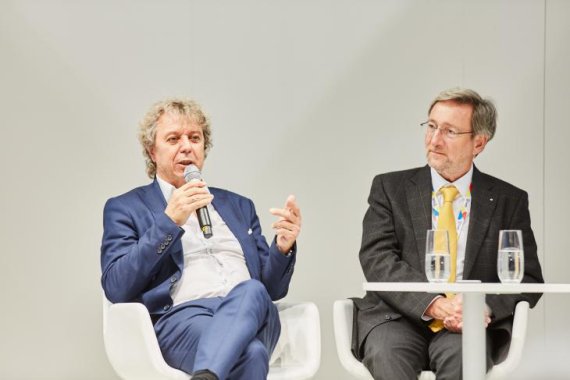
Good advice, says Helmut Fleischer. The owner of a management consultancy talked about one example that impressed him: “On their first day, students at the Munich campus M21 are given an empty water bottle that they can fill up for free at lots of water stations – I think that’s a super idea because the university is saying ‘Your health is important to us.’”
Appreciation also has a positive influence on happiness – and happy people are sick less often and can achieve more. That’s true for both our private and professional lives. A simple formula that more and more employers are beginning to understand.
Or, as Jochen Niehaus, chief editor of “Focus Gesundheit” put it at the panel discussion: “You can’t keep employees in a business that makes people sick.”
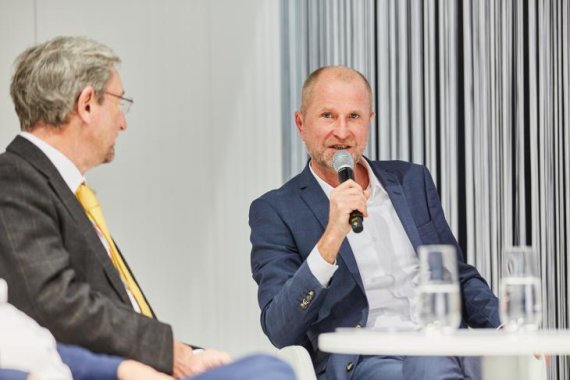
- ISPO awards
- Mountain sports
- Bike
- Design
- Retail
- Fitness
- Health
- ISPO Job Market
- ISPO Munich
- ISPO Shanghai
- Running
- Brands
- Sustainability
- Olympia
- OutDoor
- Promotion
- Sports Business
- ISPO Textrends
- Triathlon
- Water sports
- Winter sports
- eSports
- SportsTech
- OutDoor by ISPO
- Heroes
- Transformation
- Sport Fashion
- Urban Culture
- Challenges of a CEO
- Trade fairs
- Sports
- Find the Balance
- Product reviews
- Newsletter Exclusive Area
- Magazine



